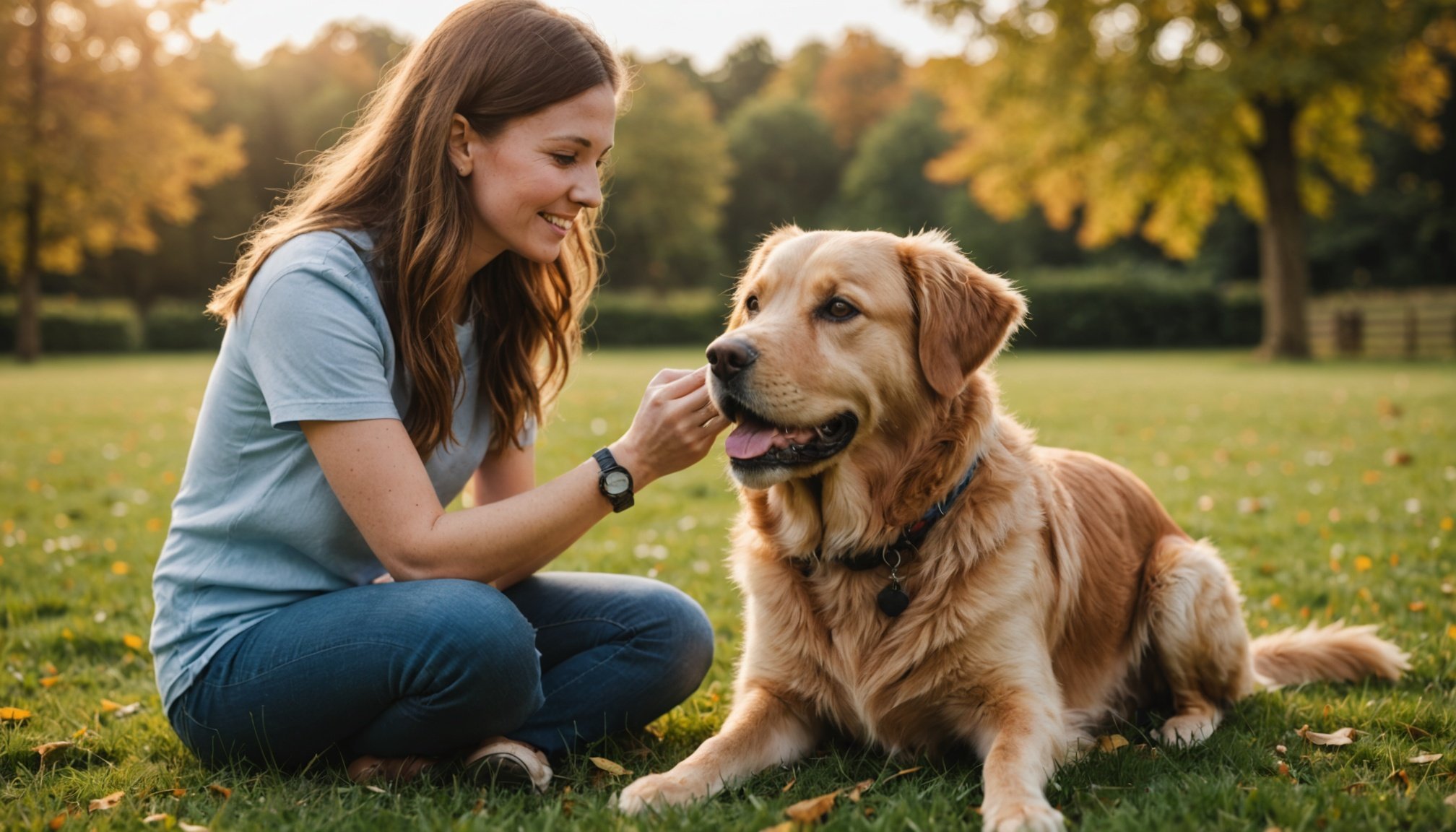Understanding the Responsibilities of Pet Ownership
Owning a pet is a significant commitment that requires understanding various responsibilities. The type of pet you choose will significantly influence the pet ownership responsibilities you should anticipate. For instance, dogs typically need daily exercise, social interaction, and training, whereas cats might require less active oversight but still necessitate a stimulating environment. Exotic pets, such as reptiles or birds, often come with unique care needs that may require specialised knowledge.
In the UK, adherence to pet laws is essential for any pet owner. The Animal Welfare Act of 2006 outlines the necessity to provide adequate food, water, shelter, and medical care. Complying with these legal requirements ensures not only your pet’s well-being but also your standing as a responsible owner.
Also read : Capture every moment: top trail cameras for outdoor adventures
Beyond legalities, pet ownership is a long-term commitment. Pets can live for many years, sometimes decades, urging potential owners to evaluate their willingness to assume this responsibility. This accountability involves continually meeting your pet’s physical and emotional needs, reflecting the essence of true pet care basics. As a potential pet owner, anticipating and embracing these commitments is crucial to fostering a rewarding relationship with your pet.
Evaluating Your Lifestyle and Preferences
Understanding your daily routine is crucial when selecting a pet. If you’re an active person, a dog may complement your lifestyle, offering companionship during runs or walks. Consider your lifestyle considerations carefully. If frequent travel is part of your schedule, a lower-maintenance pet like a cat may be more appropriate. Next, identify the personality traits you desire in a pet. Do you prefer a playful pet, or do you value quiet companionship?
Have you seen this : Explore the best trail cameras to enhance your outdoor fun
Additionally, consider your family dynamics. Introducing a pet into a household with children or other pets requires consideration of pet compatibility. For example, some dogs are more tolerant of children, while certain cat breeds may prefer solitude. Reflect on any personal preferences that could affect your choice, such as pet size or grooming requirements.
Always align pet choices with lifestyle to ensure both your satisfaction and the animal’s well-being. Thus, evaluating these factors helps match personal circumstances with the ideal pet companionship, enhancing the experience for both owner and pet. It ensures a harmonious integration into your life and supports reaching mutual happiness and understanding.
Comparing Different Types of Pets
Choosing the right pet demands understanding the distinct traits and care requirements each type presents. Dogs, often viewed as loyal companions, vary greatly in breed characteristics. They offer full lives rich with affection and training opportunities. In contrast, cats usually demand less active involvement but cherish engaging environments and quiet companionship. Pet owners frequently notice the independent nature of felines, which suits working or busy individuals.
Exotic pets, including reptiles, amphibians, and birds, request specialised attention and knowledge. Their care often involves unique dietary and habitat conditions, making them both a fascinating choice and one requiring meticulous upkeep. However, their allure lies in their distinctiveness and the delight they bring into homes. Individuals attracted to these pets usually relish less conventional companionship and enjoy the challenge of meeting their specific needs.
Each pet type’s compatibility with typical UK households depends on the space available and lifestyle of the family. The suitability of a pet also hinges on how well their natural behaviour fits with the environment you can provide. When considering a pet, it’s vital to weigh these various characteristics, offering a harmonious life for both you and your new companion.
Financial Considerations of Pet Ownership
Deciding to own a pet involves understanding potential pet ownership costs. Start by distinguishing between initial costs and ongoing expenses. Initial costs may include adoption fees, essential supplies like bedding and feeding bowls, and the first vet visit. Ongoing expenses encompass food, grooming, and regular veterinary care to keep your pet healthy.
It’s vital to consider veterinary expenses as these can fluctuate considerably. Regular check-ups and vaccinations are part of standard care, but unexpected injuries or illnesses may lead to higher bills. Pet insurance could mitigate some costs, offering peace of mind with coverage for unforeseen vet visits.
Budgeting for your pet also means planning for situations like increased food prices or equipment replacement. Set aside an emergency fund explicitly for your pet’s needs to ensure preparedness for any surprise expenses.
For prospective owners, crafting a budget that considers these elements ensures responsible financial planning. This foresight supports both your financial wellbeing and the health and happiness of your pet. Understanding these financial aspects will help you provide the best care without straining your resources.
Tips for Responsible Pet Ownership
Responsible pet care is essential for ensuring your pet’s well-being and happiness. Training pets becomes crucial from the beginning to instil good behaviour and habits. Begin with basic commands like ‘sit’ and ‘stay’ to strengthen your relationship and communication. Consistent training can prevent unwanted behaviours, making life more enjoyable for both you and your pet.
Socialization tips are equally important. Expose your pet to various environments and experiences to enhance their comfort in different situations. For dogs, this might mean trips to the park or meeting other dogs, while cats can benefit from safe, supervised exploration around the home. These activities boost confidence and prevent stress in unfamiliar settings.
Regular veterinary check-ups and preventative care are vital for identifying potential health issues early on. Routine visits often include vaccinations, dental care, and health screenings, which contribute significantly to your pet’s longevity and quality of life.
Engaging with local pet communities offers additional support and resources. Participating in groups or networks provides opportunities for sharing knowledge and experiences, enriching the pet-owning journey. By implementing these strategies, you’ll ensure a nurturing environment for your pet to thrive in.
Finding the Right Pet for You
Selecting a pet involves thorough pet adoption and breed research to ensure a harmonious match with your lifestyle. First, explore reputable shelters and rescues as valuable resources for adopting pets. This approach not only supports animal welfare but often provides an opportunity to talk with knowledgeable staff about pet needs.
Understanding various breeds and their requirements is crucial. Different breeds possess unique characteristics, ranging from activity levels to grooming obligations. For instance, a family with young children might find a breed known for its friendly and tolerant nature ideal. In contrast, energetic individuals might prefer an active breed, like a Border Collie, to match their dynamic lifestyle.
Your chosen pet should complement both your daily routine and personal preferences. Aligning a pet’s needs with your lifestyle ensures both a satisfying relationship and a happy pet. For instance, if you lead a busy life, consider breeds or species known for their independence.
By investing time in research and consideration, you can find a pet that seamlessly integrates into your household, enhancing your life with companionship and joy. The right choice not only fulfills the pet’s care requirements but also enriches your personal wellbeing.



